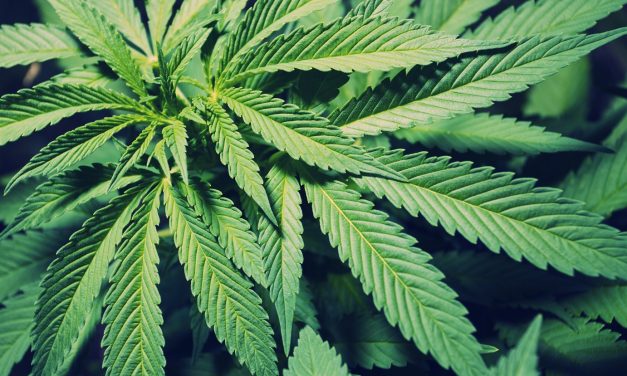There will not be a special legislative session to address charges of racial inequity in Maryland’s burgeoning medical marijuana industry.
The General Assembly’s Democratic presiding officers have officially rejected the call from black lawmakers to summon the full legislature to Annapolis this summer, according to a letter obtained Monday by The Baltimore Sun.
Instead, Senate President Thomas V. Mike Miller and House Speaker Michael E. Busch
offered their “full support for passage of emergency legislation” to expand the marijuana industry early in 2018, when lawmakers reconvene for their annual legislative session in Annapolis.
The Maryland Medical Cannabis Commission is in the process of issuing final licenses to growers, processors and dispensaries and expects medical marijuana to be available to patients this fall.
The July 19 letter to Baltimore Del. Cheryl D. Glenn, chairwoman of the Legislative Black Caucus, comes during a stalemate between Miller and Busch over how to revamp the medical marijuana industry — including how many more firms should be awarded licenses to grow medical marijuana.
The all-Democratic Legislative Black Caucus has implored its colleagues in the legislature to authorize more lucrative licenses to grow the drug after none of the 15 awarded last year went to firms owned by African-Americans. Legislation that would have given a preference to minority-owned companies failed in the final minutes of the legislature’s 90-day session this spring amid disagreement about how many additional licenses should be awarded.
Miller raised the prospects of a special session in April, but the likelihood of calling it dimmed after Busch, 70, underwent a liver transplant in June. Busch is still recovering at home in Annapolis. His chief of staff, Alexandra Hughes, said the speaker’s “unforeseeable” major surgery dashed the possibility of a special session.
“Unfortunately, we’re at a point where it’s difficult to get the members back in August, and that’s complicated by the speaker’s recovery,” Hughes said.
The letter about the special session notes Glenn, a Baltimore Democrat, had already achieved two of the goals she would have sought to accomplish in a special session. Hogan announced in late April he would launch a study of racial disparity in the medical marijuana industry, a step necessary if the state were to award new licenses that take into account an applicant’s race. The letter also notes that last month Hogan replaced 10 of the 16 medical marijuana regulators, who were widely criticized by Glenn and other lawmakers.
Glenn said she was “disappointed and frustrated” there will be no special session but added that she is “sensitive to the health issues of the speaker.”
“The next step will be to make sure we have the legislation drafted and agreed upon by all the major entities,” Glenn said. She said that includes getting agreement from the governor, the speaker, the Senate president and the black caucus. The legislature will reconvene in January for its regular annual 90-day session.
Nevertheless, Glenn said she’s concerned that even under the best scenario, it might be 2019 before African-American companies get an opportunity to win licenses — putting them at a competitive disadvantage.
“African-Americans will be behind the eight-ball once again,” she said.
Maryland legalized medical marijuana in 2013. The program has been slow to get off the ground, and faces a pair of lawsuits over how preliminary licenses to grow the drug were awarded.
One firm contends the Maryland Medical Cannabis Commission ignored a law requiring it to consider racial diversity. Another lawsuit argues the commission improperly boosted lower-ranked companies in order to achieve geographic diversity. The commission has denied the allegations.
Mary-jo Mather, assistant director of the commission, said officials had no comment on the presiding officers’ decision. Nor did Rick Abbruzzese, a spokesman for the Maryland Wholesale Medical Cannabis Trade Association, which represents companies that have been awarded preliminary licenses.
credit:baltimoresun.com



